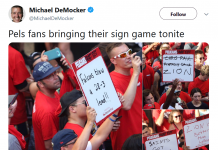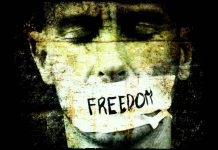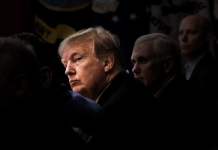There is a tension lurking in the discussion over net neutrality, one that has been largely absent in the blitzkrieg of ideologically-driven defenses and repudiations of FCC Chair Ajit Pai’s decision to remove the policy safeguard. And it’s odd that discussion has been so mute because it touches on a fundamental question in politics and morality: Do we think of freedom as the absence of constraint or as an equal enabler of opportunity. Pai appears to be supporting the former.
His stance is appropriately controversial but has been trivialized and contorted into a trope. I have seen scores of comments leverage accusations of corruption—peppered within, of course, plenty of profanities and ad hominems—but these knee-jerk reactions almost entirely miss the mark. This move does promote freedom. Just a specific type. It prioritizes, as Pai has been fairly open about, service providers’ freedom from government involvement. To people of Pai’s ideological persuasion, any government intervention will inevitably stifle innovation and impede market efficiency. The meteoric promulgation of the Internet over the last few decades—a period without legally enforceable net neutrality—and its existence as a thriving, largely competitive ecosystem offers them proof for their convictions.
But truly free markets can only maintain competitive outcomes for so long. Without intervention, it is a logical certainty that cartels and monopolies will arise eventually. Competition wilts away as a necessary consequence. The market will be free from government intervention but that freedom is little solace to the consumers left without choice and to the creative insights that are systematically precluded from competing.
What use is nominal “freedom” when ISPs can charge consumers extra for visiting particular sites? When companies can legally throttle their competition? When consumers only have one choice of ISP and thus, no true recourse in a society where the Internet is increasingly becoming a necessity?
The freedom we ought to be prioritizing is the ability for people to compete and challenge the market’s status quo. For them to gather in their garage, come up with an idea that can change the world, and actually pursue it. The freedom that lies at the heart of the American dream: Opportunity.


















